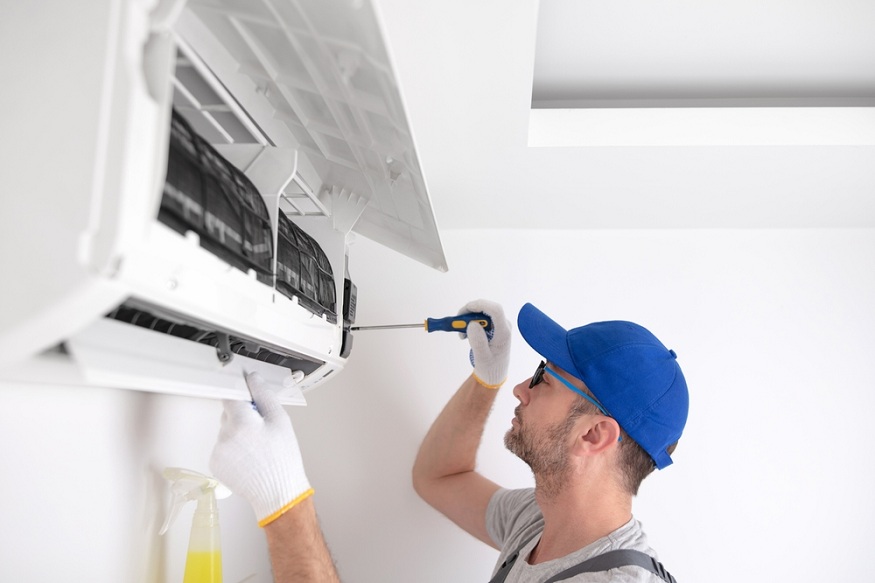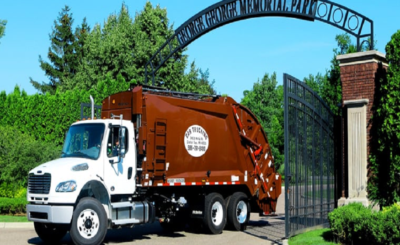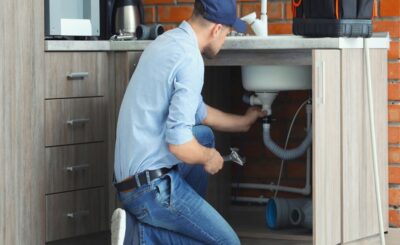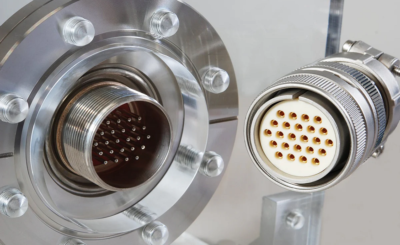Living in Florida means dealing with intense sunshine, high humidity, and plenty of heat year-round. In this climate, two types of skilled workers are essential to keeping homes comfortable and functional: residential electricians and air conditioning (AC) repair technicians. While their jobs differ in focus, there’s a surprising amount of overlap between these trades. Whether you’re looking to hire one of these professionals or considering which trade to pursue as a career, understanding what each role involves and how they work together can help you make the right choice.
Note: Need a trusted electrician West Palm Beach? Call Gold Star Electric of West Palm Beach for fast, reliable service, expert repairs, and affordable rates. Your home’s safety and comfort start with a licensed pro today!
What Does a Residential Electrician Do?
Residential electricians specialize in installing, repairing, and maintaining electrical systems within private homes. Their responsibilities include working with wiring, outlets, lighting, circuit breakers, and all other components that deliver power throughout a household. They also ensure the home complies with Florida safety codes and can support modern-day electrical demands.
Common tasks performed by electricians include:
- Running wiring and installing electrical outlets in new builds or renovation projects.
- Upgrading outdated electrical panels to safer, more efficient models.
- Diagnosing and fixing electrical issues such as tripped breakers or power outages.
- Verifying that all systems meet safety standards and are fire-resistant.
Electricians must undergo extensive training and adhere to strict safety regulations. In Florida, this includes licensing by the state, which involves formal education, hands-on experience, and a passing score on a state exam.
What Does an AC Repair Technician Do?
Air conditioning repair technicians, also known as HVAC (Heating, Ventilation, and Air Conditioning) technicians, work to keep indoor environments cool, especially during Florida’s long, hot summers. They also help ensure good indoor air quality by servicing ventilation systems.
Some of their core responsibilities include:
- Installing new air conditioning systems and ductwork.
- Identifying and resolving cooling problems in malfunctioning units.
- Repairing or replacing fans, compressors, and refrigerant components.
- Cleaning filters and performing routine maintenance on ducts and vents.
Like electricians, AC technicians in Florida must be licensed and trained to follow environmental guidelines—especially when handling refrigerants that can affect the atmosphere if not properly managed.
Note: Need fast and reliable AC repair Miami residents trust? Call True Cool AC in Miami Florida today for expert service, affordable rates, and same-day solutions to keep your home cool and comfortable!
Where Their Work Overlaps
Although these careers might seem unrelated, residential electricians and HVAC technicians often find themselves working side by side. That’s because most AC units depend on electrical power to function.
Here are a few examples of how their roles can intersect:
- AC Unit Installation: New air conditioning systems must be wired into the home’s electrical system. This usually involves electricians handling the connection to the breaker box or running new circuits.
- Electrical Repairs on HVAC Systems: AC technicians work with electrical parts like capacitors, relays, and control boards. A solid understanding of electrical principles is essential in diagnosing and fixing these components.
- Building Code Compliance: Both professionals must adhere to Florida’s building and safety codes to ensure installations and repairs are performed correctly and safely.
Due to the crossover in tasks, many Florida tradespeople choose to gain experience in both areas. Having dual skills can increase job opportunities and income potential.
How to Choose the Right Trade
If you’re considering a career in skilled trades, it’s important to think about what interests you most and where your talents lie.
A Career as an Electrician May Be Right If You:
- Enjoy working with circuits, wires, and tools.
- Like solving complex electrical problems.
- Are interested in installing systems such as lighting, solar panels, or generators.
- Prefer working in structured environments with strict safety guidelines.
Electricians typically find steady work throughout the year, as homes and businesses always need functioning electrical systems.
Becoming an AC Technician Might Suit You If You:
- Like mechanical systems and working with your hands.
- Are motivated to help people stay cool and safe in the heat.
- Don’t mind tight or hot work environments like attics.
- Have strong troubleshooting skills and enjoy fixing equipment.
In Florida, the demand for AC services spikes during the hotter months. This means many HVAC techs see more work—and higher pay—during the spring and summer.
Salary and Job Growth in Florida
Based on data from the U.S. Bureau of Labor Statistics and Florida workforce reports, both trades offer solid wages and job stability.
- Electricians in Florida earn between $50,000 and $70,000 per year, depending on experience, certification, and job type.
- HVAC Technicians in Florida make an average of $45,000 to $65,000 annually, with higher earnings possible during peak summer months.
Many professionals in both fields eventually become independent contractors or business owners. This allows for more flexibility and greater income potential over time.
Note: Need fast and reliable AC repair Hollywood residents trust? Call City ACS in Hollywood Florida today for expert service, affordable rates, and same-day solutions to keep your home cool and comfortable!
Licensing and Training Requirements in Florida
To work legally as an electrician or HVAC technician in Florida, you’ll need to follow a similar path:
- Obtain a high school diploma or equivalent.
- Enroll in an approved trade school or apprenticeship program (usually 2 to 5 years).
- Pass a Florida licensing exam that tests your knowledge of the trade and safety codes.
- Participate in ongoing education to stay up-to-date with changing codes and technology.
Florida offers a variety of educational programs at vocational schools and community colleges. Some companies even offer paid apprenticeships, giving you the chance to earn while you learn.
Why These Jobs Matter in Florida
Florida’s climate brings two major challenges: extreme heat and severe weather. Both electricians and HVAC technicians play critical roles in helping residents navigate these conditions. Electricians ensure homes are safely powered, even after storms and outages. HVAC techs make sure families stay cool and healthy during long, humid summers.
Choosing either of these paths means taking on important work that directly impacts people’s comfort, health, and safety. Whether it’s restoring power or getting the AC running again during a heatwave, your skills will make a real difference.
Final Thoughts: Choose the Trade That Fits You Best
At the end of the day, deciding between a career as a residential electrician or an air conditioning repair technician depends on what excites you more. Both fields offer competitive pay, strong job security, and the opportunity to grow.
If you’re passionate about solving electrical issues and working with power systems, becoming an electrician might be the right move. If you enjoy mechanical work and want to help people beat the Florida heat, the HVAC trade could be your calling.
No matter which direction you go, you’ll be entering a rewarding, high-demand profession that plays a vital role in Florida’s homes and communities.









